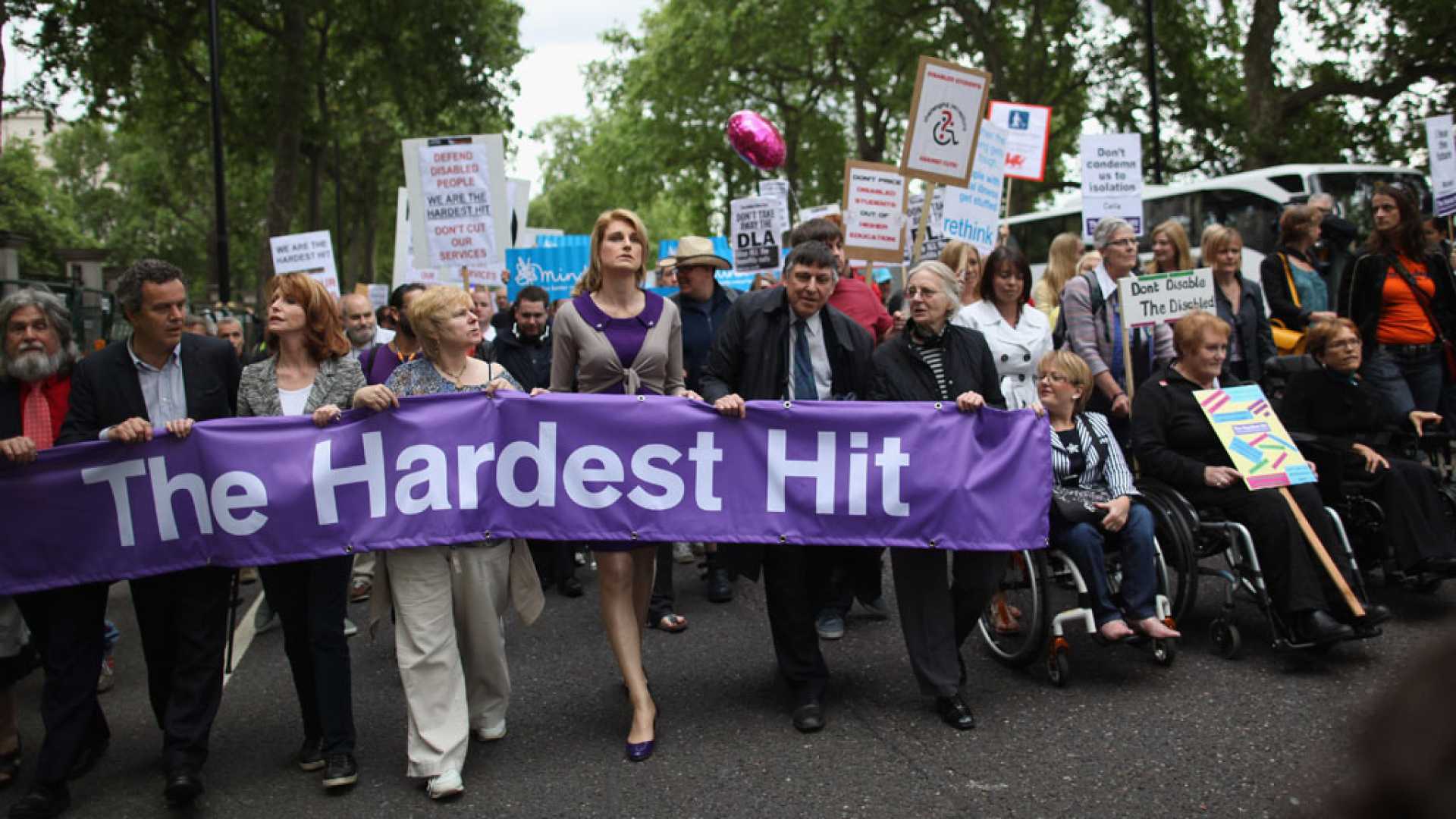Health
UK Disability Benefits Face Radical Overhaul, Sparking Fears of Cuts

LONDON, UK – The UK government is preparing a sweeping overhaul of disability benefits, with proposed changes that could strip hundreds of thousands of disabled and chronically ill people of vital financial support. Chancellor Rachel Reeves recently hinted at the plans, which are expected to be finalized within weeks as part of a broader effort to cut welfare spending.
Under the proposed reforms, the universal credit “limited capability for work” category could be abolished, requiring severely disabled individuals to prepare for employment or risk losing up to £5,000 annually. Personal Independence Payments (PIP), which cover additional disability-related costs, are also targeted for changes, particularly for those with mental health conditions like depression and anxiety.
“We believe there is a strong case to change the system of health and disability benefits across Great Britain,” said Social Security Minister Sir Stephen Timms in a statement to MPs. He emphasized that the reforms aim to “better enable people to enter and remain in work” while addressing the fluctuating nature of modern health conditions.
However, critics argue that the changes could disproportionately harm vulnerable populations. Anela Anwar, CEO of anti-poverty charity Z2K, warned, “These plans could see seriously ill and disabled people plunged into deep poverty.”
The government has pledged to match the £3 billion in welfare savings proposed by the previous Conservative administration. A green paper outlining further reforms is expected this spring, with consultations to follow. Disability rights groups have urged the government to ensure the consultation process is genuine and inclusive.
Despite assurances of modernization, the proposed cuts have drawn comparisons to austerity measures under former Prime Minister David Cameron. Labour ministers have framed the reforms as necessary to balance the budget, but critics argue they prioritize appeasing wealthy donors over protecting the most vulnerable.
As the debate intensifies, disabled individuals and advocacy groups brace for the potential impact of these changes. For many, the fear of losing essential benefits looms large, raising questions about the government’s priorities and the future of welfare in the UK.












